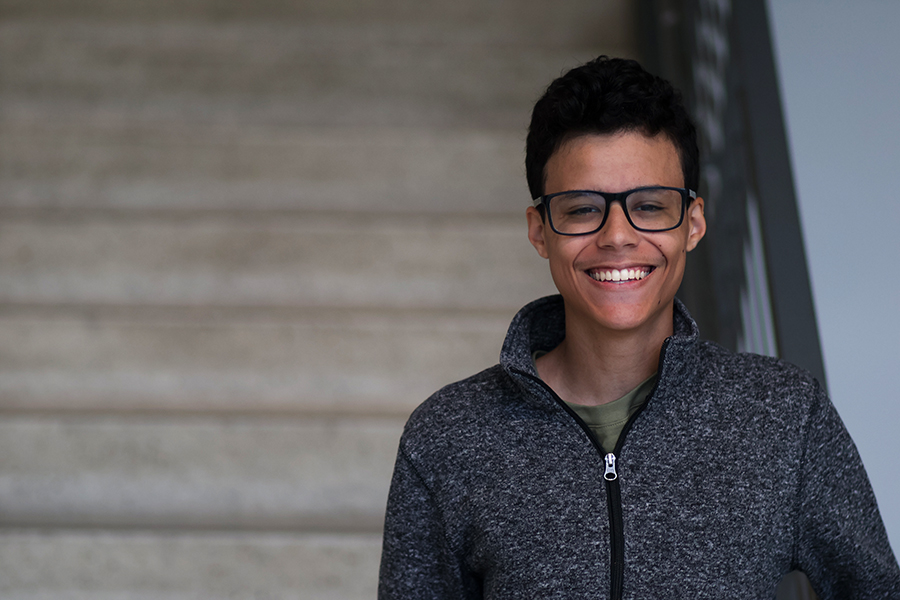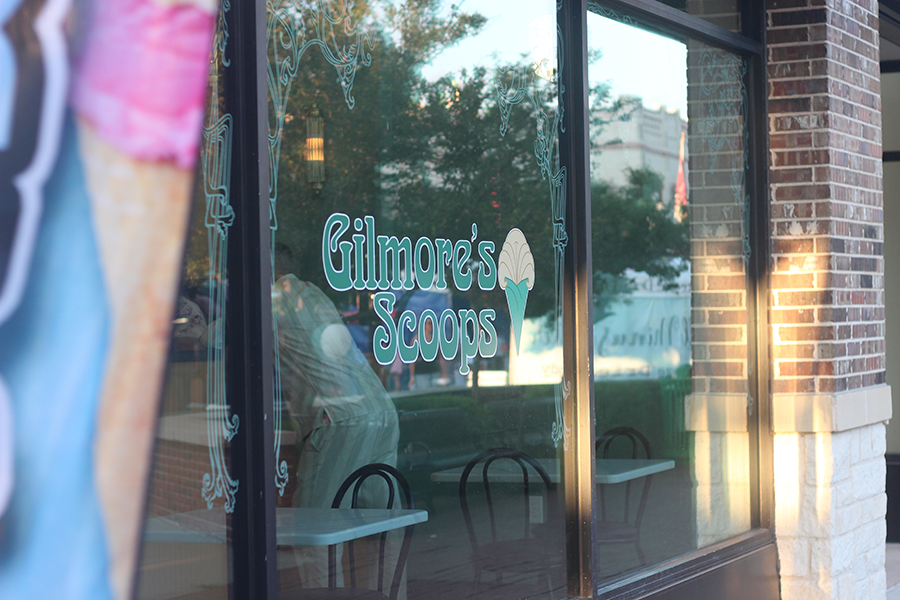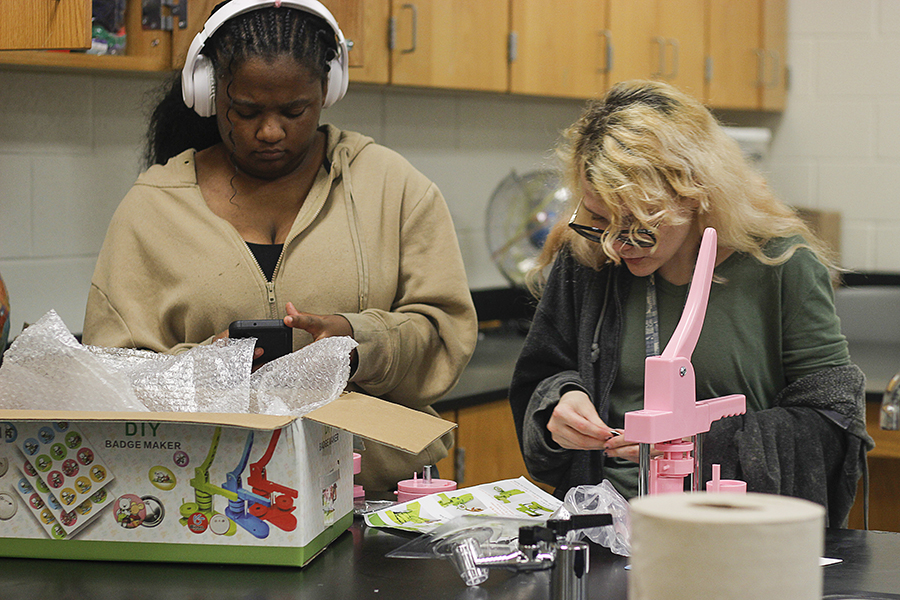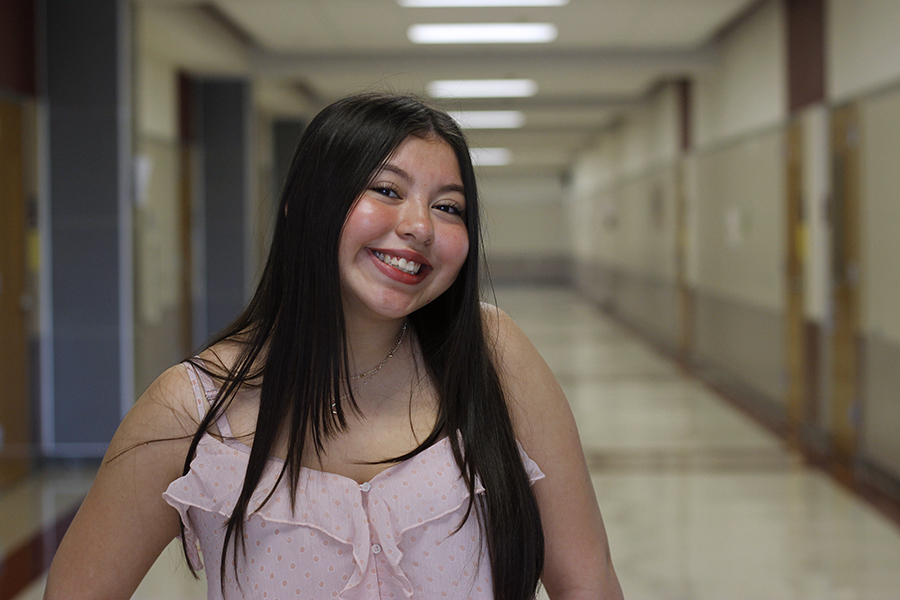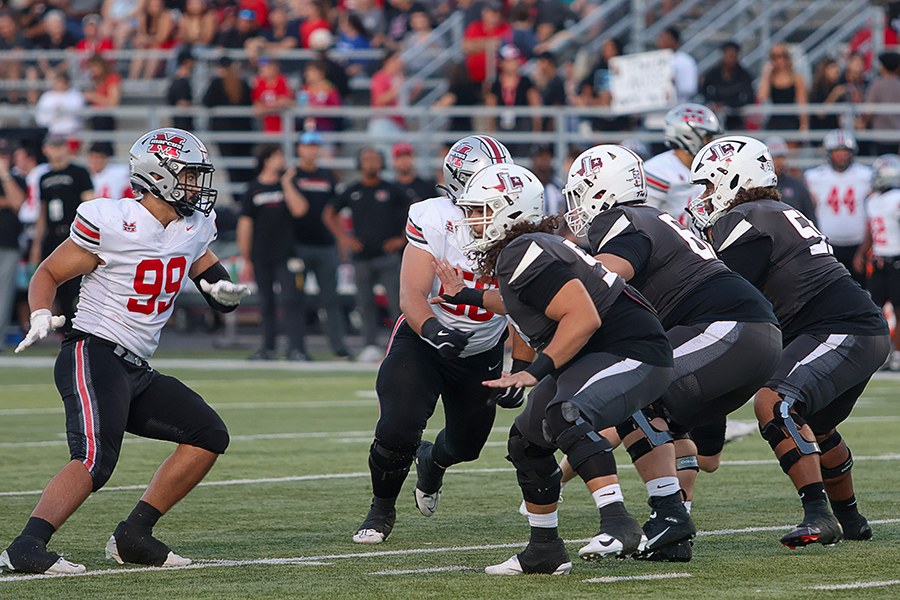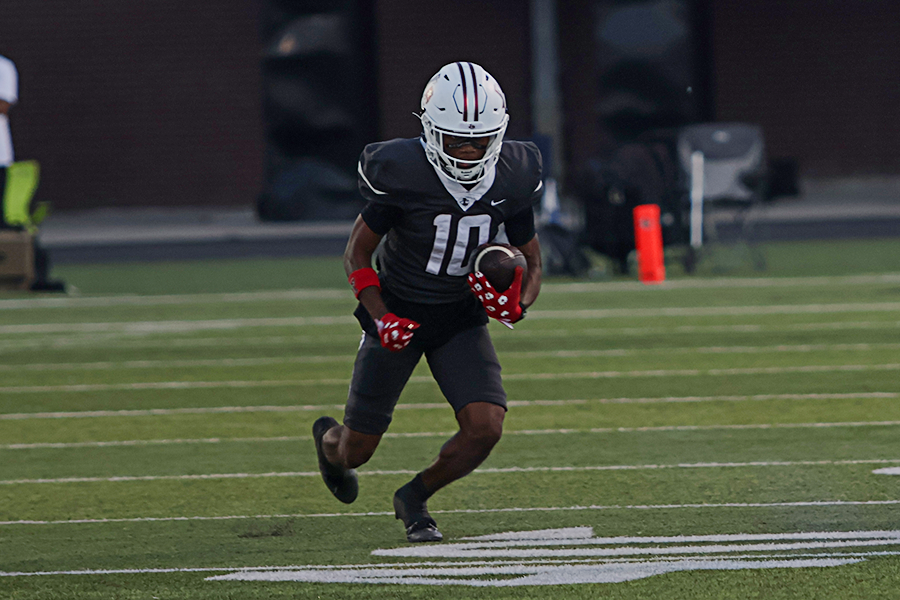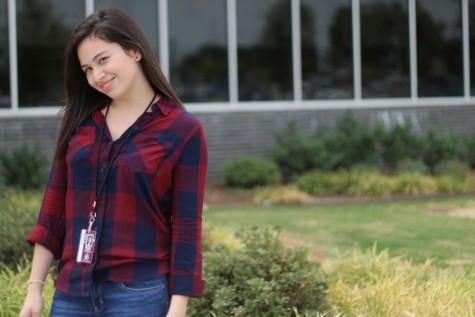Behind the stage lies anxiety.
A boy stands timid, among seven other individuals.
His headphones blast “Lose Yourself” by Eminem.
His palms are sweaty. His knees are weak. His arms are heavy.
Adrenaline runs through his veins.
The moment he’s been waiting for…
Senior Kenwoo Kim joined speech as a sophomore after taking communication applications his freshman year.
“You’re waiting and the worse things happen when you’re waiting,” Kim said. “You feel like you don’t remember stuff. Performing isn’t as bad as the anticipation.”
Although at first glance he didn’t seem to fit the key attributes of a speaker, speech and debate teacher Sally Squibb explains it was his tenacity that allowed him to enter the world of speech and debate.
“He was the one who kept bugging the counselors to put him in debate as a sophomore,” Squibb said. “He’s still polite but certainly not quiet anymore.”
Kim began to break out of his shell. He found his voice.
“I forced myself out there a lot more after I joined debate,” Kim said. “I just needed to do better in it because I liked it a lot.”
Confidence has been one of the biggest factors in contributing to Kim’s success. Being the underdog pushed him to hone his speaking skills. This led him to become the youngest in Texas to advance to state in the American Legion Oratorical Contest. When asked about his other achievements, Kim humbly mentions placing second his first year in debate and dominating his upcoming year leading him to nationals.
“We got there and we had a day to prepare because they’re waiting for everyone to come in,” Kim said. “So the night before competition I was actually tweaking my speech, not actually changing the speech itself, but my style and performance because I was slurring words. The speech will never be perfect and a lot of debaters you see win at LHS are literally practicing right before and fixing stuff that is wrong. We are not all entirely composed as we seem, we just give the good impression.”
According to Squibb, one of Kim’s top priorities is doing well on his SAT. Aside from that, she added “he raps too” with a laughter. She has seen Kim grow throughout three years and has guided him through his speech and debate career.
“You can’t make him do anything, he’s gonna do what he wants, so I’ve learned to be respectful of his own decisions and to step back and let him find out for himself that he’s the one really in charge, not me,” Squibb said.
The obvious pressures from juggling debate and speech plus extracurricular activities, school work (current valedictorian), and friends and family have proven to be but a minor setback for Kim. In terms of what other people think of him academically, Kim doesn’t really worry about it; focusing on himself and his goals is what really matters.
“I’m just really good with time management,” Kim said. “I decide which events I need to go to, and which ones are optional for clubs. And then also use school time to do work, and usually I just sleep less when things get busy. Right now I’m getting five to six hours. But when it’s high time, probably four hours or three.”
Speech teacher Liana Massengale who has also helped Kim throughout his work and has gotten to know him explains what she’s learned from him.
“That persistence really pays off,” Massengale said. “He’s one of the hardest workers, truly, that I’ve ever met. But he almost demands more of himself. He is his hardest critic.”
Expectations are set high and Kim says the only worry he has is disappointing his speech coach and family. When asked what the hardest thing Kim has had to endure, Squibb explains the pressures that pertain to his academic life.
“Being perfect, the expectation that others have of him to always be perfect,” Squibb said.
What the future holds for a “fascinating-well liked, extremely organized, terrific speaker and thinker” is a vast majority of opportunities. Even if his future plans are not what others expect, his recent success is just the beginning.
“I asked him once why didn’t he just become a scientist,” Squibb said. “And he said ‘Because I wanna see the good that what I do really can affect other people.'”


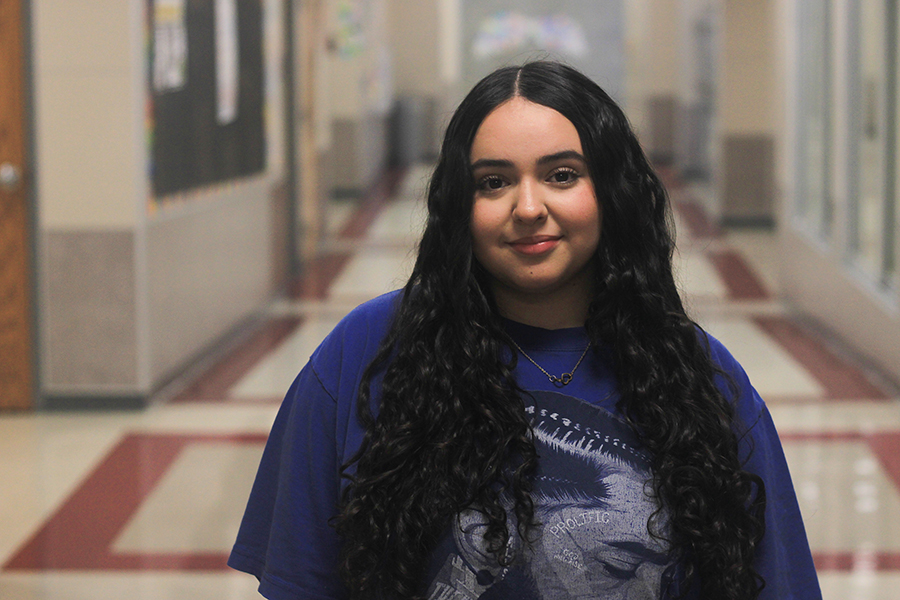
!["I hope to become fond [of] and understand the new dynamic of a life where I don't really have boundaries set by another person, but rather more of a liberal freedom."](https://farhar.net/wp-content/uploads/2025/05/topten9.jpg)
